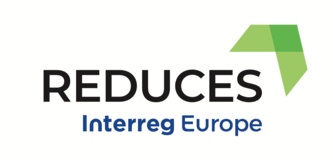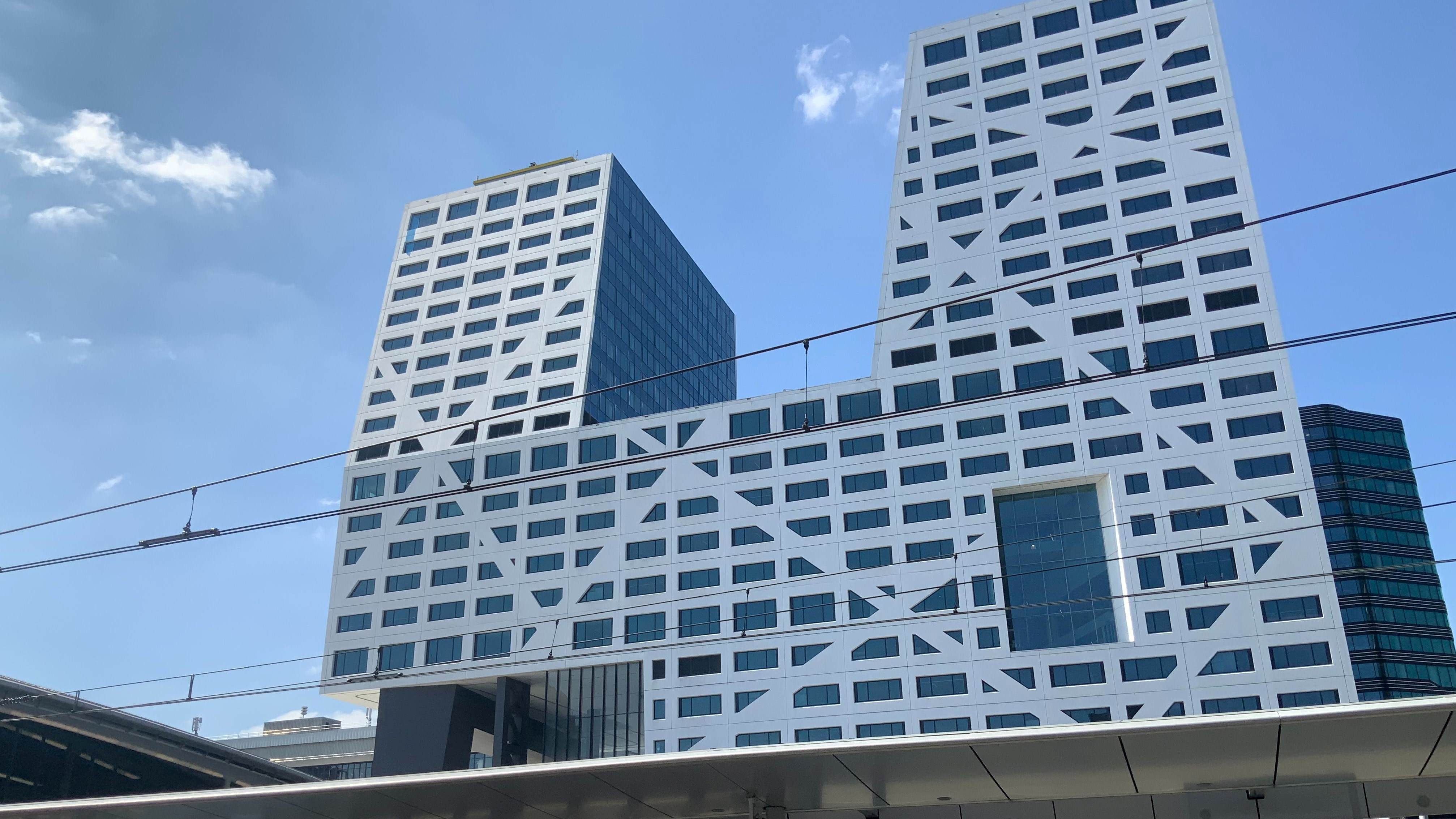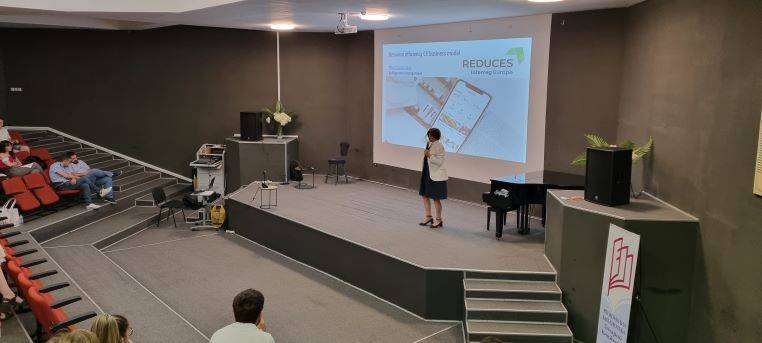Partners and stakeholders in Greater Manchester have been working together to agree the actions that will be taken forward during Phase 2 of the REDUCES project. A more collaborative approach in the Fashion and Textiles industry’s towards the achievement of a more Circular Economy as well as varying levels of activity around education and awareness are the key areas identified with the Greater Manchester Action Plan.
Inspiration for the creation of a new Textile focused Task and Finish Group to support the region’s Sustainable Consumption and Production Challenge Group is anchored firmly in supporting the delivery of the GM SCP Plan which is the key regional policy instrument in this field. Driven by an identified need to reduce the amount of recycled textiles being sent abroad through the identification of new ways to increase value and identify new products and markets, the action is supported by the Greater Manchester Combined Authority as well as industry leaders in the private sector. Inspiration for the establishment of a multi agency approach and group in Greater Manchester came directly from a potential solution and approach which has been successfully developed in Turku, Finland in the form of the Telaketju cooperation network and also the end of life recycling plant operated by Lounais-Suomen Jätehuolto Oy.
In terms of education, back at the start of the REDUCES project, our Status Quo Report for Greater Manchester and subsequent stakeholder engagement through the Manchester Circular economy Club, told us that more education is needed at different levels and for different target groups. Our second action therefore covers three areas:
- Awareness of CE principles and successful business models in a training tool for staff and politicians in local government;
- Embedding CE principles and business models in Manchester Met degree provision, including case studies identified during the REDUCES project;
- The enhancement of Manchester Met’s existing ERDF provision to support businesses with the inclusion of REDUCES case studies in the regional Eco-I programme delivered to SMEs.
To progress all partner Action Plans, Manchester Met hosted an in person event on 28 April of 25 partners and stakeholders from the REDUCES partnership in the Art School. The event gave partners the chance to meet physically for the first time after 2 years of cooperation only online and discuss their action plans for further refinement and development.
The event also held a number of workshops to progress specifically the actions and the Textile action saw an additional 20 stakeholders from the public and private sector in Manchester come together to commit to the proposed action and start the process of making the group official.
Russell Yates
The Manchester Metropolitan University











